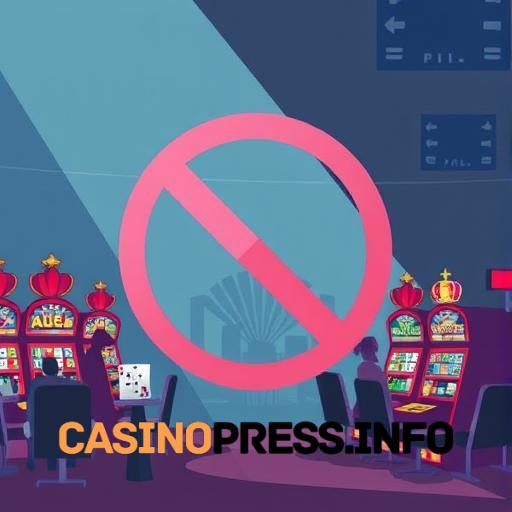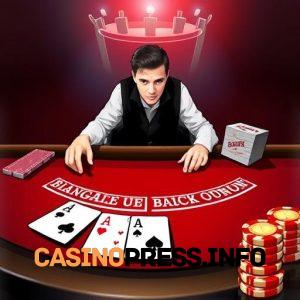PA’s Self-Ban Program: Failing Problem Gamblers?

Summary: Das Selbst-Ausschluss-Programm in Pennsylvania versagt vielen problematischen Glücksspielern, da die Durchsetzung schwach ist und Online-Glücksspielplattformen schwer zu kontrollieren sind.
Table of Contents
Pennsylvania’s Self-Exclusion Program
Pennsylvania offers a self-exclusion program designed to help problem gamblers voluntarily restrict their access to casinos and online gambling platforms within the state. Individuals who enroll in the program agree to be banned from all participating casinos and online gambling sites for a specified period, ranging from one year to a lifetime. The intention is to provide a tool for those struggling with gambling addiction to take control of their behavior and prevent further financial and emotional harm. The process typically involves submitting an application, providing personal information, and agreeing to the terms and conditions of the self-exclusion. Upon successful enrollment, the individual’s name is added to a database accessible to all participating gambling establishments in Pennsylvania. This database is meant to act as a deterrent, preventing the self-excluded individual from gambling at any participating location. However, the effectiveness of this system has been called into question.
Weaknesses in the System
Despite its intentions, Pennsylvania’s self-exclusion program suffers from several critical weaknesses. One major concern is the lack of consistent enforcement. While casinos are supposed to check the database before allowing individuals to gamble, there are reports of instances where self-excluded individuals have been able to gamble without incident. This lack of rigorous enforcement undermines the program’s effectiveness and sends the wrong message to those seeking help. Furthermore, the program relies heavily on self-reporting and individual responsibility. This means that the program’s success depends on individuals accurately reporting their gambling activity and adhering to their self-imposed ban. However, individuals struggling with addiction may find it difficult to resist the urge to gamble, leading to violations of their self-exclusion agreement. The accessibility of online gambling platforms adds another layer of complexity, making it more challenging to completely prevent self-excluded individuals from accessing these platforms.
Enforcement Challenges
The enforcement of Pennsylvania’s self-exclusion program faces significant hurdles. Casinos and online gambling operators rely on technology and staff training to identify individuals on the self-exclusion list. However, human error, technological glitches, and the sheer volume of transactions can lead to oversights. Additionally, the program lacks a robust system for tracking and reporting violations. This makes it difficult to assess the program’s overall effectiveness and identify areas requiring improvement. Moreover, the penalties for casinos and online gambling operators that fail to comply with the self-exclusion program are often insufficient to deter violations. This lack of strong penalties weakens the incentive for casinos to meticulously enforce the program’s rules.
Key Takeaway
Pennsylvania’s self-exclusion program, while well-intentioned, requires significant improvements in enforcement and oversight to effectively support problem gamblers.
| Self-Exclusion Period | Number of Enrollees (Estimate) |
|---|---|
| 1 Year | 500 |
| 5 Years | 200 |
| Lifetime | 300 |
FAQs
The enrollment process typically involves completing an application and providing personal information. Specific instructions can be found on the Pennsylvania Gaming Control Board’s website.
While penalties exist, their enforcement is inconsistent. The casino could face fines or other disciplinary actions. However, the effectiveness of these penalties remains a concern.
Generally, no. Self-exclusion is designed to be a commitment for the chosen duration. Early removal is rarely granted.
The Pennsylvania Gaming Control Board website offers information and links to relevant resources for problem gambling assistance.












